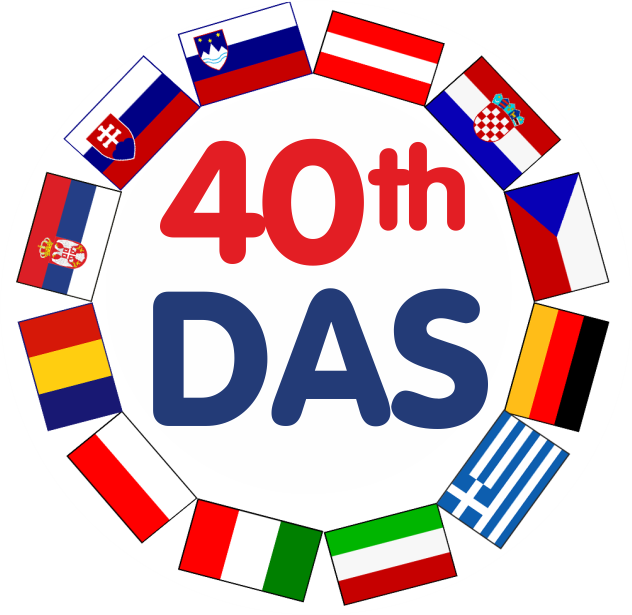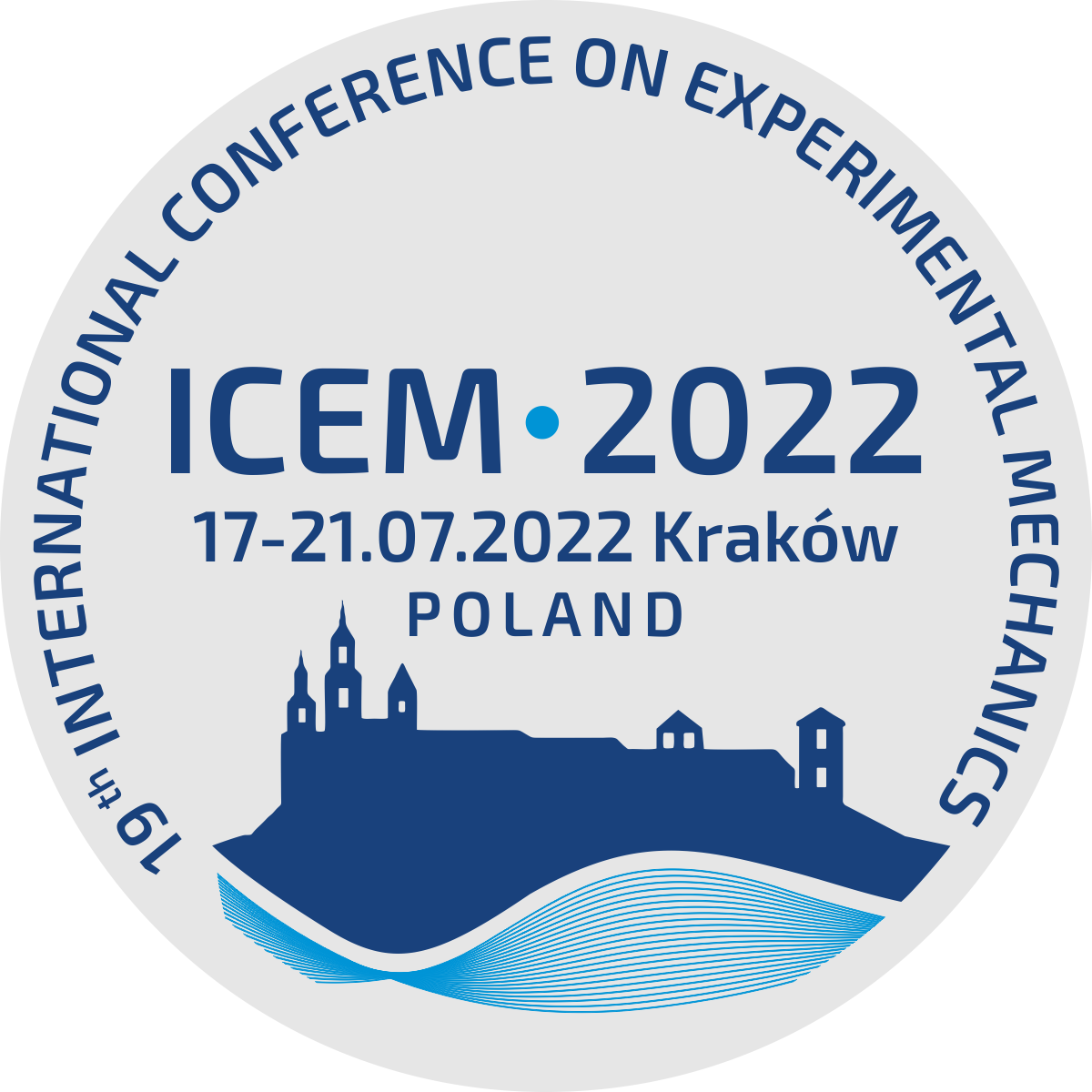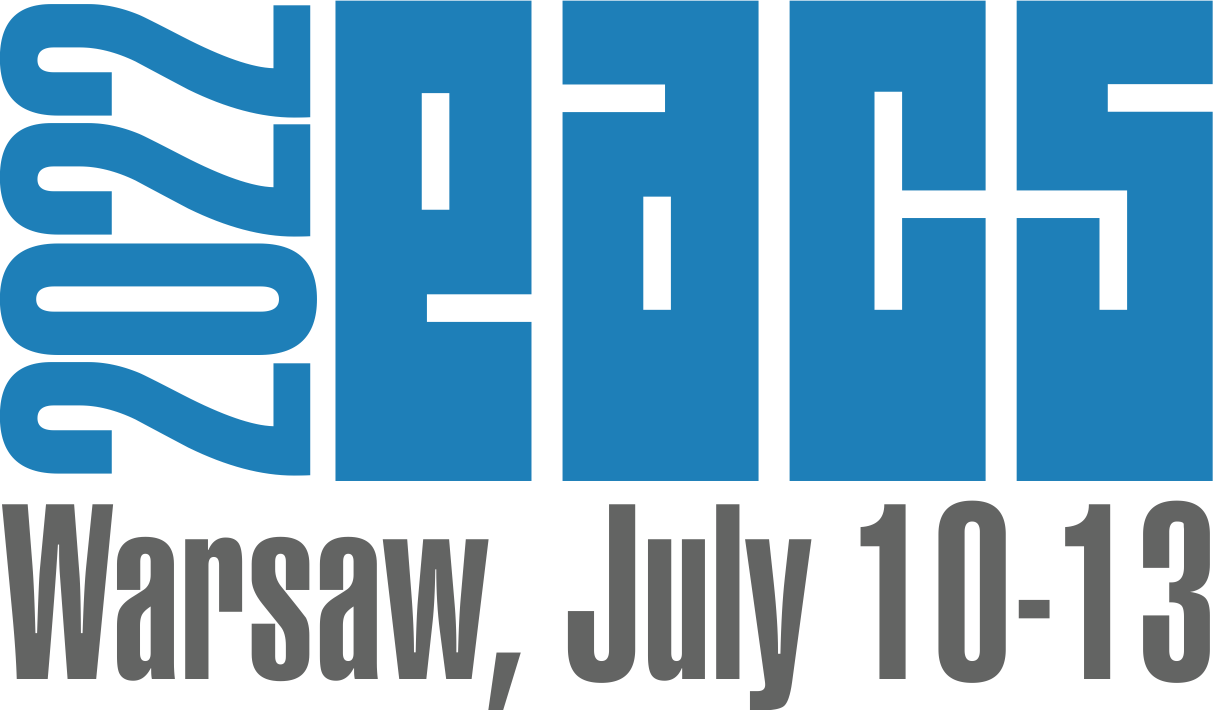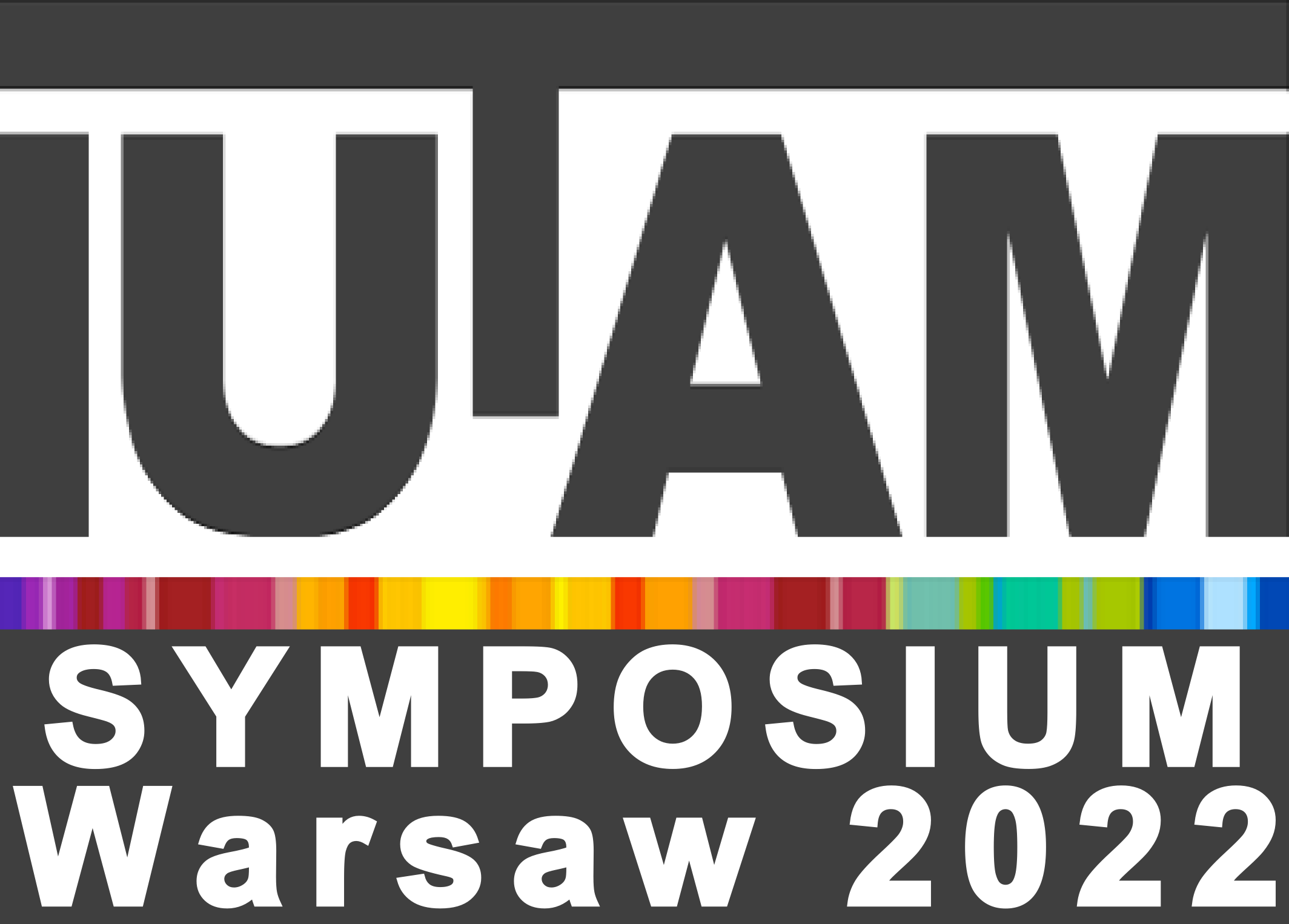| 1. |
Shen Z.♦, Sosa R.♦, Bordas S.♦, Tkatchenko A.♦, Lengiewicz J. A., Quantum-informed simulations for mechanics of materials: DFTB+MBD framework,
International Journal of Engineering Science, ISSN: 0020-7225, DOI: 10.1016/j.ijengsci.2024.104126, Vol.204, No.104126, pp.1-18, 2024 Streszczenie:
The macroscopic behaviors of materials are determined by interactions that occur at multiple lengths and time scales. Depending on the application, describing, predicting, and understanding these behaviors may require models that rely on insights from atomic and electronic scales. In such cases, classical simplified approximations at those scales are insufficient, and quantum-based modeling is required. In this paper, we study how quantum effects can modify the mechanical properties of systems relevant to materials engineering. We base our study on a high-fidelity modeling framework that combines two computationally efficient models rooted in quantum first principles: Density Functional Tight Binding (DFTB) and many-body dispersion (MBD). The MBD model is applied to accurately describe non-covalent van der Waals interactions. Through various benchmark applications, we demonstrate the capabilities of this framework and the limitations of simplified modeling. We provide an open-source repository containing all codes, datasets, and examples presented in this work. This repository serves as a practical toolkit that we hope will support the development of future research in effective large-scale and multiscale modeling with quantum-mechanical fidelity. Słowa kluczowe:
DFT, DFTB, Energy range separation, Many-body dispersion, van der Waals interaction, Carbon nanotube, UHMWPE Afiliacje autorów:
| Shen Z. | - | inna afiliacja | | Sosa R. | - | inna afiliacja | | Bordas S. | - | inna afiliacja | | Tkatchenko A. | - | inna afiliacja | | Lengiewicz J. A. | - | IPPT PAN |
|  | 200p. |
| 2. |
Deshpande S.♦, Sosa R.♦, Bordas S.P.♦, Lengiewicz J.A., Convolution, aggregation and attention based deep neural networks for accelerating simulations in mechanics,
Frontiers in Materials, ISSN: 2296-8016, DOI: 10.3389/fmats.2023.1128954, Vol.10, No.1128954, pp.1-12, 2023 Streszczenie:
Deep learning surrogate models are being increasingly used in accelerating scientific simulations as a replacement for costly conventional numerical techniques. However, their use remains a significant challenge when dealing with real-world complex examples. In this work, we demonstrate three types of neural network architectures for efficient learning of highly non-linear deformations of solid bodies. The first two architectures are based on the recently proposed CNN U-NET and MAgNET (graph U-NET) frameworks which have shown promising performance for learning on mesh-based data. The third architecture is Perceiver IO, a very recent architecture that belongs to the family of attention-based neural networks–a class that has revolutionised diverse engineering fields and is still unexplored in computational mechanics. We study and compare the performance of all three networks on two benchmark examples, and show their capabilities to accurately predict the non-linear mechanical responses of soft bodies. Słowa kluczowe:
surrogate modeling, deep learning-artificial neural network, CNN U-NET, graph U-net, perceiver IO, finite element method Afiliacje autorów:
| Deshpande S. | - | University of Luxembourg (LU) | | Sosa R. | - | inna afiliacja | | Bordas S.P. | - | University of Luxembourg (LU) | | Lengiewicz J.A. | - | IPPT PAN |
|  | 70p. |






















